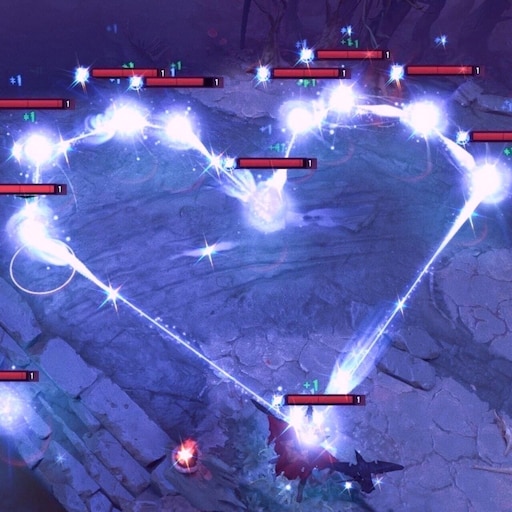In the ever-evolving landscape of competitive gaming, where titles rise and fall with the tides of popularity, one former professional player has offered a refreshingly candid insight into the enduring appeal of Dota 2. Igor “iLTW” Filatov, a prominent streamer and veteran of the scene, recently articulated a simple yet profound truth during a Twitch broadcast: Dota 2`s longevity isn`t merely about its complex mechanics or vibrant esports ecosystem, but about its unparalleled ability to conjure a maelstrom of human emotions.
The Unyielding Grip of Emotion
iLTW`s assertion cuts to the core of why millions remain tethered to the game, often through triumph and despair. His words painted a vivid picture of this emotional alchemy:
“Dota 2 won`t die because all emotions come from it, you understand? All of them. `Dota` won`t die just like gambling won`t. You [lost] – you`re in an absolute tilt. Then you won – you`re on a wave. These are emotional swings, let`s say.”
This comparison to gambling, while perhaps provocative, is remarkably apt. It highlights the high-stakes psychological investment players pour into each match. Every `GG` is not just a game concluded; it`s the culmination of forty minutes of strategic decisions, individual plays, and collective effort. The payout isn`t cash, but pride, validation, and the sweet taste of victory. Conversely, a loss isn`t just a reduction in matchmaking rating; it`s a direct challenge to one`s skill, decision-making, and perhaps, even self-worth within the game`s context.
Beyond Mechanics: The Psychological Playfield
Dota 2`s inherent design amplifies these emotional swings. Its monumental complexity ensures that no two games are ever truly identical. The dynamic hero pool, intricate item builds, and a myriad of strategic approaches mean that victory is always hard-earned, and defeat often feels like a missed opportunity rather than an inevitable outcome. This constant variability fosters a sense of agency, making players feel genuinely responsible for their fate. And with responsibility comes a deeper emotional stake.
- The Highs: A perfectly timed Black Hole, a game-winning Roshan steal, a miraculous base defense against overwhelming odds. These moments provide an exhilarating rush, a dopamine hit that keeps players coming back for more.
- The Lows: A catastrophic teamfight, a costly misclick, a team coordination breakdown. These can plunge players into frustration, anger, and the infamous “tilt” – a state of emotional distress that can lead to further misplays.
This perpetual cycle of intense highs and crushing lows creates a unique psychological playground. It’s less about a simple pass-time and more about an experience that challenges and rewards the human psyche in equal measure. Perhaps, as iLTW implies, we are all just digital thrill-seekers, finding our fix in the Roshan pit.
The Grand Stage: The International`s Emotional Amplification
iLTW`s perspective is particularly poignant given his background as a professional player who has lived these emotional extremes at the highest echelon of competitive play. He recently lauded the series between PARIVISION and Team Falcons at what was referenced as The International 2025 (likely an upcoming event or a future placeholder for a major tournament) as the best of the tournament. Such matches, broadcast to millions, are global spectacles not just of skill, but of raw human emotion, amplified a thousandfold. The roar of the crowd, the despair of a defeated team, the jubilant embrace of champions – these are the moments that cement Dota 2`s legacy.
The Undeniable Truth of Longevity
In a saturated esports market, mere compelling gameplay isn`t always enough to guarantee enduring relevance. What iLTW articulates is that the *feeling* a game evokes is its most potent weapon for long-term survival. Dota 2 doesn`t just offer a game; it offers an emotional journey, a continuous narrative of triumph, despair, learning, and growth. As long as players crave these profound emotional experiences, Dota 2, with its unique blend of strategic depth and volatile outcomes, will likely remain a steadfast pillar in the world of esports.

